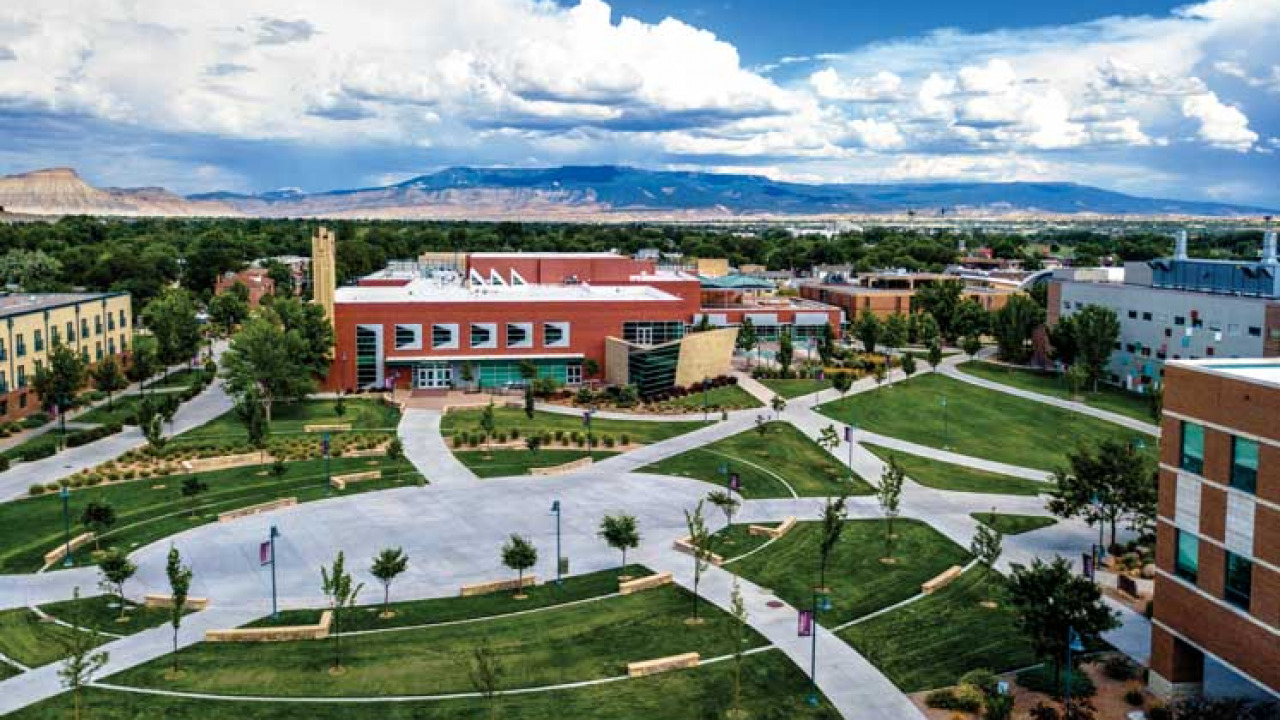ADF letter spurs university to let students mention Jesus, Bible verses at graduation

Colorado Mesa University rescinds order to purge student speeches of religious references
Thursday, May 10, 2018
Attorney sound bite: Travis Barham
“America’s Founding Fathers regularly opened public ceremonies with prayer, and federal appeals courts have consistently ruled that universities can do the same at their graduation ceremonies,” said ADF Legal Counsel Travis Barham. “We applaud the university for quickly recognizing that the First Amendment protects a graduating student’s right to mention her faith in her own speech and has never required universities to purge ceremonies of all things religious.”
Karissa Erickson, a graduating student and scheduled speaker at the pinning ceremony for Colorado Mesa University’s nursing program this Friday, faced censorship when university officials told her that she had to remove her reference to Jesus and a Bible verse from her remarks, saying, “Speeches should be free of any one religious slant.” Other officials threatened her with “repercussions” if she refused, saying the nursing “program will not tolerate [this Christian content].”
After being contacted by Erickson, ADF attorneys explained in their letter that these “officials…fundamentally misunderstand what the First Amendment allows and what it requires of them.” The letter then detailed how the First Amendment allows even prayers, and not only religious remarks, at college graduations, and how university officials risked engaging in viewpoint discrimination and violating the First Amendment’s establishment clause by targeting remarks due to their religious content. University officials responded positively, noting that “[s]tudents invited to speak at the BSN pinning should speak uncensored.”
“Today’s university students will be tomorrow’s voters and civic leaders,” said ADF Senior Counsel Tyson Langhofer, director of the ADF Center for Academic Freedom. “That’s why it’s so important that public colleges and universities exemplify the First Amendment values they are supposed to be teaching to students. Colorado Mesa University has shown it wants to do that by taking quick corrective action in agreeing to let students speak without unconstitutional censorship.”
In a separate but similar situation, ADF sent a letter to Mohave Community College in Arizona in 2010, resulting in officials retracting their ban on the invocation and benediction at its nursing program’s pinning ceremony.
- Pronunciation guide: Barham (BEHR’-um), Langhofer (LANG’-hoff-ur)